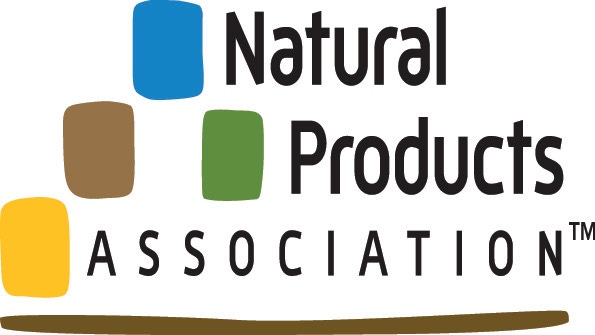As state GMO labeling rules and independent business efforts on the issue gain ground, the Natural Products Association has called for national GMO labeling legislation and adopted suggested guidance for such legislation.

The Natural Products Association took the call for national GMO labeling to Capitol Hill Tuesday, the day after the group’s board voted to call for a national standard and adopted an outline of guiding legislative principles.
"This is really very simple—people have a right to know what's in their food," Executive Director and CEO John Shaw said via press release. "A national standard is the best, most cost-effective and least-confusing way to deliver on this commitment for American consumers. To have hundreds of different state and local requirements would be counterproductive and expensive."
The concise position statement contains five points:
NPA believes consumers have the right to be informed whether genetically modified components are in their foods.
NPA supports and encourages the voluntary labeling on non-GMO foods.
NPA believes that consideration of federal law promoting a uniform standard is warranted to avoid separate standards for GMO labeling at the state level.
NPA opposes a private enforcement provision, which encourages abusive litigation, to impose compliance.
NPA supports the FDA consistently reviewing the concept of bio-equivalency of genetically modified ingredients in light of the most recent scientific studies.
Shaw described the move as setting a congressional action "comfort zone" reached by consensus of the association's 1,900 retailer, manufacturer, wholesaler and distributor members.
"It’s not an easy choice, but the right choice, to be a national leader in the GMO fight," he said.
The association, which has taken varying positions on GMOs and labeling since 1997, took some heat after it came out against the failed labeling proposition on California's 2012 election ballot. The association backs its state and regional division decisions, but no local group represents the Pacific Coast state, so the national board spoke out because of the "dangerous bounty hunter provision" in Proposition 37 and also endorsed the need for a national approach at that time.
"We can’t have patchwork legislation," Shaw said. "It will create confusion."
State by state
Yet a wave of state efforts—from initiatives to legislative actions—has coalesced from the energy sparked by Prop 37.
"While I agree that the best-case scenario would be a national standard implemented by our federal government, it is evident that after 20 years of inaction, we cannot wait for our federal government to protect the rights of its citizens and mandate GMO labeling," said Tara Cook-Littman, a leader in both the GMO Free CT and the Coalition of States for GMO Labeling organizations. "The only reason the labeling movement is receiving so much attention now and companies like Whole Foods and the Natural Products Association are speaking out in favor of labeling, is because of the pressure they are feeling from the state-level GMO labeling movements."
The Coalition of States, she pointed out, is pushing unified language across state proposals.
"Until states begin to mandate GMO labeling, it is unlikely the federal government will take initiative and pass its own GMO labeling law," Cook-Littman added. "I applaud the NPA for supporting our right to know, but we cannot wait for our federal government to act, we might wait another 20 years."
Retailer Mark Squire, who helped found the national Non-GMO Project certification organization and lead the Prop 37 initiative, agrees with Cook-Littman's sentiments. Squire, the owner of Good Earth Natural Foods in Fairfax, Calif., applauds the NPA stand and hopes to see the organization back Washington state's I-522 labeling initiative "because there is a great deal of precedent for laws starting at the state level and then being adopted at the national level."
"The Obama administration could require labeling immediately," Squire said, "but the question is does anyone in D.C. have the political backbone to listen to the America people when it would require ignoring such a powerful and monied lobby as biotech? It may be that passing a law in a state is the only way to get national regulation on this topic."
NPA members gathered Tuesday, March 19, for the 16th annual Natural Products Day and shared the new position statement with representatives and senators during a day of individual and group meetings. They also addressed the Anabolic Steroid Control Act, Family and Retirement Health Investment Act, supplement labeling and regulation, and NDI Draft Guidance. NPA's position papers can be found in this release on its website.
---
Read the Natural Products Association white paper with history and the recommendation leading to March 18's vote.
About the Author(s)
You May Also Like




